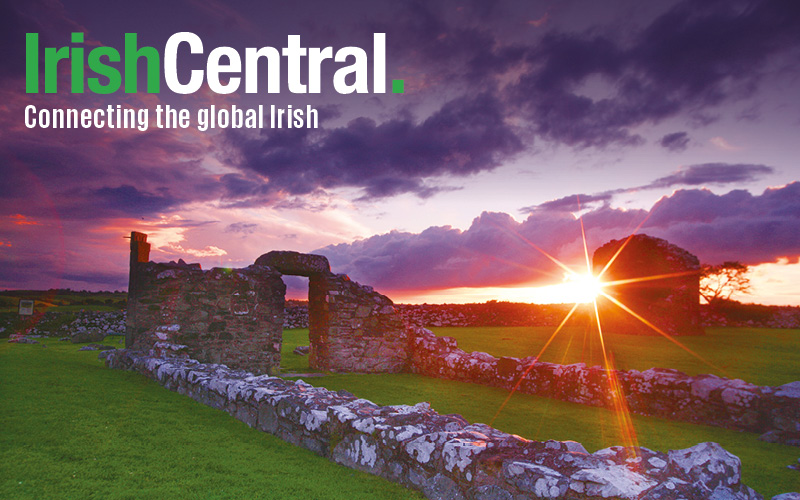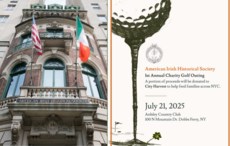The annual release of the CSO's list of most popular babies' names has once again focused interest on first names or forenames. While it is good to know that Jack, Sean, Sophie and Emily retain their popularity in the case of the new born, what about naming patterns in the past and are certain first names associated with status?
The National Archives online 1901 Census of Ireland enables us to determine the most common first names of the population at the beginning of the twentieth century:
Males: 1 John, 2, James, 3 Patrick, 4 Thomas, 5 William, 6 Michael, 7 Joseph, 8 Robert, 9 Edward, 10 Daniel
Females: 1 Mary, 2 Bridget, 3 Margaret, 4 Ellen, 5 Anne, 6 Jane, 7 Catherine, 8 Annie, 9 Kate, 10 Sarah
Immediately it can be seen that there was a more conservative naming pattern in the past, and indeed the names listed above represented 50 and 61 percent respectively of the male and female population.
Some formerly very frequently encountered names which have fallen out of fashion include Jeremiah, Cornelius, Agnes and Bridget. Ireland's modernisation has been accompanied by a move away from pious and traditional names, with an emphasis on giving children distinctive and fashionable names.
Chief Executive Officers of large companies are certainly people of status today and a sampling of the just published Irish Times top companies list shows that the following names predominate, with honest John taking pride of place:
_________________
READ MORE:
Jack and Sophie - top Irish baby names in Ireland in 2010
Top 100 Irish last names explained
Top ten Irish wit and wisdom sayings
_________________
1 John, 2 David, 3, Paul, 4 Brian, 5 Michael, 6 Mark, 7 Patrick, 8 Peter
Politicians too enjoy high status and sampling of lists of TDs from 1919 to date reveals that the following were the most common forenames over the whole period:
1 Michael, 2 Sean, 3 John, 4 Patrick, 5 Thomas, 6 Joseph, 7 James
Perhaps Michael Collins influenced the trend, and in the current Dáil Michael is the most common first name, with 12 TDs across the political spectrum so called, and another two named Micheál and Mick.
A number of these patriotic Michaels are in and out of the news, with one (Noonan) a Minister for Finance struggling to restore a shattered economy, another (Lowry) hoping to improve our fortunes through the establishment of a Las Vegas-style casino complex in the countryside and still another (Healy-Rae) obliged to refund the cost of telephone calls from the Dáil to a celebrity TV programme.
Naming patterns of course are subject to changes of fashion, so it remains to be seen what the future holds and whether the recent influx of migrants will add more first names to the national stock.




Comments